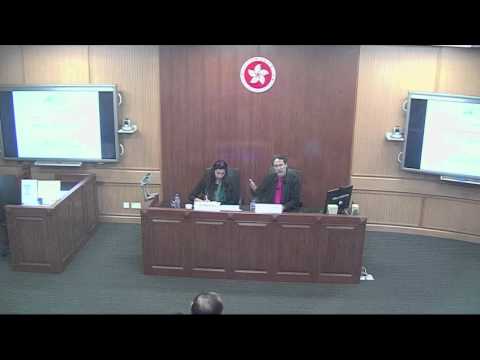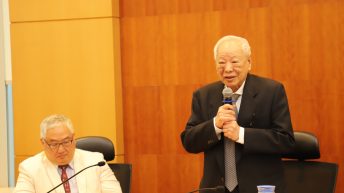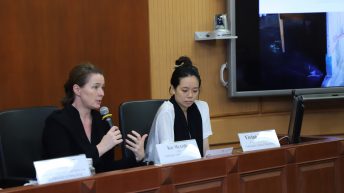Date: 17Mar 2016
The Inter-American Human Rights System faces a crisis, with several countries attacking the Commission and Court. Does the challenge rest on the notions of sovereignty and non-intervention or on a repudiation of certain decisions? Actually, it amounts to a call for the politicization of human rights and defies traditional philosophy. Politics indeed plays a role in this area and the authorities deserve deference, but far less than the dissident states suppose. Free speech and the right to health illustrate the point. The regime’s defenders and detractors unknowingly agree that human rights involve either policy or principle. They embrace a utopianism according to which the judiciary and the government should harmoniously approach these entitlements, with one leading and the other following. Nonetheless, human rights concern both policy and principle. Tribunals and political forces engage in a power struggle around these two components and must accept conflict as a way of life.
Professor Oquendo specializes in Comparative/International Litigation. He authored, inter alia, the leading Foundation Press textbook on Latin American Law. He graduated from Harvard (A.B. (economics; philosophy); M.A.; Ph.D. (philosophy)) and Yale (J.D.; Yale Law Journal, senior editor) and clerked for U.S. Appeals Judge Stephen Reinhardt. He received many scholar grants, including, twice, the Fulbright-Hays and those of the German Academic Exchange Service and the Brazilian Foundation for Higher Education Improvement. He has held visiting professorships at many institutions, including: Berkeley Law; Georgetown Law Center; Berlin Free University; Rio de Janeiro Federal and State Universities. He participates regularly in Yale’s Latin American Seminar, Harvard’s Institute for Global Law and Policy, and other scholarly groups.




